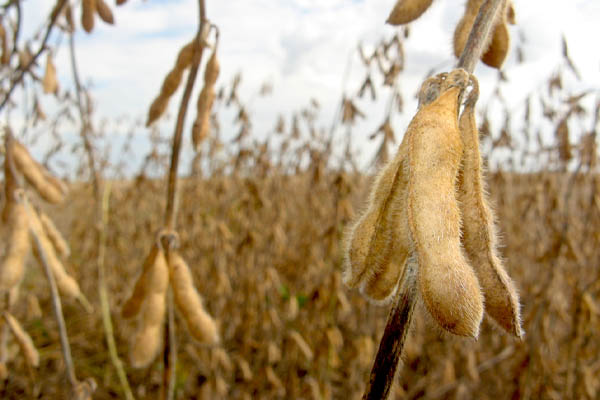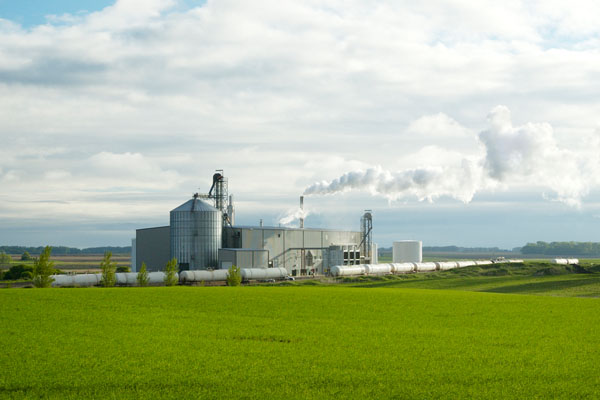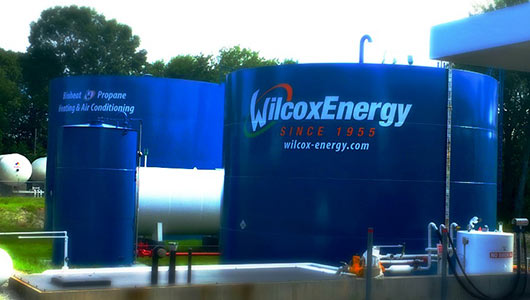Contents

Biofuels are a type of fuel that’s derived from plants, an energy source that offers huge promise for the energy industry’s future. It is a renewable energy, so it’s capable of being produced repeatedly. It is also good for the environment, making it a safe choice in protecting the Earth from more damage.
Sustainability is the most crucial feature biofuels have. It is made from plant materials like corn stalks, wood chips, and grasses. Also called biomass, the world will grow and create this plant matter continuously so it won’t run out. This aspect is unlike other sources of fuel that we currently depend on to power our daily lives.
Biofuels: Making Energy Out Of Plants
Read on to learn everything you need to know about biofuels.
Types Of Biofuels And Their Uses
Biofuels can be produced using several various methods. In general, this fuel is made using fermentation, heat, and chemical reaction in breaking down plant molecules in starch and sugar, among other forms. As a result, refined materials are created, and these are used to generate fuel for automobiles like trucks and cars.
Ethanol

A large volume of the gasoline that is produced and consumed in the US already has the most commonly produced biofuel called ethanol. It is made through the fermentation of plant sugars from corn, sugar cane, and other sources. It also has a rich oxygen supply, so car engines can burn this fuel efficiently without producing a lot of air pollution.
Ethanol from the United States is usually derived from corn. It is utilized in a 90% gasoline and 10% ethanol mixture. At the same time, fuel in Brazil uses a blend of 27% sugarcane-based ethanol and 73% gasoline.
Biodiesel
Biodiesel is a fuel source alternative in place of conventional diesel fuel. Like ethanol, it is renewable. Biodiesel is manufactured from fats, such as animal fat, vegetable oil, and recycled cooking oil. It is mixed with petroleum-based diesel.
Currently, a lot of buses, trucks, and military vehicles in the US use a 20% biodiesel and 80% diesel fuel mixture to power their vehicles. It can be a challenge to operate a vehicle with biodiesel alone as it becomes compromised in frigid weather. Biodiesel can also cause problems for older vehicles at times.
Biomethane
Biomethane is a renewable form of natural gas. This fuel source is thought to be an almost pure source of methane. This near purity is achieved via the gasification of biomass. It can also be achieved when biogas is upgraded as this eliminates carbon dioxide and contaminants from the fuel blend.
Biomethane can be utilized in several ways. It can even be used for transportation. More importantly, it is considered a solid alternative to generating heat and electricity.
This renewable natural gas’ foundation can be derived from landfills, livestock operations, wastewater, and other sources.
What Materials Are Used To Make Biofuel?
As of now, the oil from soybeans is a significant feedstock for biodiesel or biofuel production. One of the most common biodiesel production methods is using methanol, ethanol, animal fats, or vegetable oil. It is produced alongside sodium hydroxide, which is the catalyst. The transesterification reaction leads to the creation of ethyl or methyl esters, also called biodiesel and a glycerin byproduct.
A variety of materials or feedstocks can be used when creating the different kinds of biofuels aforementioned. Many people already recognize corn and sugarcane as feedstocks for ethanol.
The use of corn in ethanol processing has been debated for a long time. Many are unsure whether the environmental advantages of corn-based ethanol are worth the considerable investment as it uses a lot of energy to process corn plants.
Many startup companies and scientists are testing other materials to find whether they have the potential to create more biofuels. They are focused on utilizing resources that will not add more concerns because of their environmental effects or impact on the food supply chain.
Cellulosic ethanol is an example. The cellulosic feedstock is taken from plant-based options such as corn stover and wood waste. These materials are usually considered waste and don’t have any immediate use, so they are perfect to use for cellulosic feedstock.
Some examples of viable biofuel feedstocks are algae, grasses, cooking grease, wastewater sludge, and animal waste, among other possible economic sources of usable fuel.
Using Plants To Lower The Cost Of Biofuels

To help make biofuels more affordable, scientists now utilize different plants to make bioproducts and viable chemical compounds while still in the growth process. These bioproducts are extracted directly from plants. After that, the additional plant material is converted into fuel. This production process helps lower the final biofuel product’s total cost.
Researchers are tirelessly working to determine the amount of a particular bioproduct needed to create a cost-effective biofuel. Creating a valuable bioproduct means lowering the biofuel production cost. Therefore, it can be made much more cheaply in the long run.
The main goal is to make ethanol inexpensive. If researchers can refine their process and reduce the cost of bioproducts production, they might reach their target selling price of $2.50 per gallon for ethanol.
Common Plants Used For BioEnergy
Here are some of the most common plants utilized for BioEnergy:
- Soy – Soybeans are a common crop in the upper Midwest, where there are millions of acres dedicated for soy crops. Biodiesel derived from soybean oil is a non-toxic and clean-burning renewable fuel. This liquid renewable fuel can power all diesel engines without modifications. It helps in the reduction of greenhouse gasses and particulate emissions.
- Sugar and Starch-Based Ethanol Feedstocks – The primary crop in the United States is corn. It is also the biggest feedstock for the affordable, large-scale production of ethanol. Another popular resource is sugarcane, usually used in Brazil, the second-largest ethanol producer.
- Cellulosic Ethanol Feedstocks – This feedstock uses nonfood materials, such as industrial wastes, wood or crop residues, and dedicated energy crops. The sale elastic feedstocks’ composition is cellulose, hemicellulose, and lignin.
Conclusion

The whole world is focused and working together in creating affordable, clean, and environmentally-friendly sources of fuel. Biofuels provide an excellent chance in the development of renewable energy sources to heat homes, fuel automobiles, and deliver electricity for the coming years.
Time is the only indicator we’ll have on our effectiveness with producing affordable and viable biofuels. However, the most outstanding scientists worldwide are diligently working to solve this issue. They are doing their best in using the resources we have to ensure biofuel sustainability in the years to come.
Call Wilcox Energy To Order Bioheat® Heating Oil Today

As mentioned above, Bioheat® heating oil packs all the benefits of a premium heating oil in one. It can be used with traditional heating systems without any adjustments, cutting the costs of modifications and converting to other heat sources. As a biodiesel and ULSHO (ultra-low sulfur heating oil) blend, your heater runs more efficiently and cleaner while preserving its condition. Bioheat® heating oil uses 100% biodiesel to create a blend with lower carbon emissions, making it a safer choice for the environment and a safer option to use in your home.
Call Wilcox Energy today to learn more about Bioheat® fuel and join us in reducing carbon emissions today!
For more information about our Bioheat® heating oil deliveries or our HVAC services, be sure to contact Wilcox Energy. You can click here to contact us, or you can call us at (860) 399-6218 to find out more. We offer a full line of home comfort services, all customizable to meet your needs. Call now!
